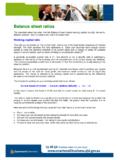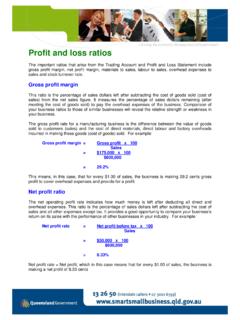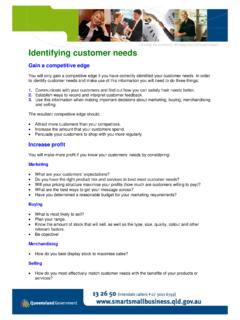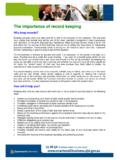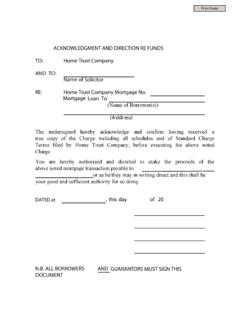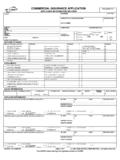Transcription of Tax implications of a trust - AJML Group Home
1 Tax implications of a trust A trust is a relationship where a trustee (an individual or company ) carries on business for the benefit of a range of people (the beneficiaries). The matrix below illustrates the tax implications of a trust as at 30 June 2006: Asset protection benefit Capital Gains Tax (CGT) Rate of income tax Flexibility of distribution of income and capital Establishment and ongoing costs Ownership of a business by a corporate trustee would provide asset protection and limit your liability in relation to your business. The trust will also receive the abovementioned 50% discount from CGT, where the relevant capital asset is held for at least 12 months.
2 A trust is not a separate legal entity - similar to a partnership, a unit trust is a flow through vehicle (of income) for tax purposes - this means that the corporate trustee will pay the company tax rate of 30% on trust income but once the income is distributed to you and the other beneficiaries, you will be liable to pay "top-up tax" up to your personal marginal tax rate. Losses remain "trapped" in the trust to be offset against future trust income but can not be used to offset income that beneficiaries have earned from other sources. Any income not distributed is taxed at the highest marginal tax rate of Trusts are very flexible for tax purposes. A discretionary trust provides flexibility in relation to the distribution of income and capital gain amongst beneficiaries.
3 You and your business partners or family members could be the directors and shareholders of the trustee company and could dictate when and where income or capital is distributed. It will cost approximately $1,000 to $2,000 to incorporate a trustee company . There will be an ongoing cost of compliance with the Corporations Act 2001 (Cth) requirements. It will cost an additional $300 to establish the discretionary trust . Further information The above is only a general list of the generic tax implications of a trust . There will be other tax implications and will depend on the specific nature of your business and other aspects of your financial affairs. For more personalised guidance about what structure is the best structure for your business, we recommend that you consult with your legal and taxation advisors.
4 The Australian Taxation Office has further information related to tax implications for business. The following fact sheets provide further information on these issues: Legal aspects of succession planning Set up as a trust

